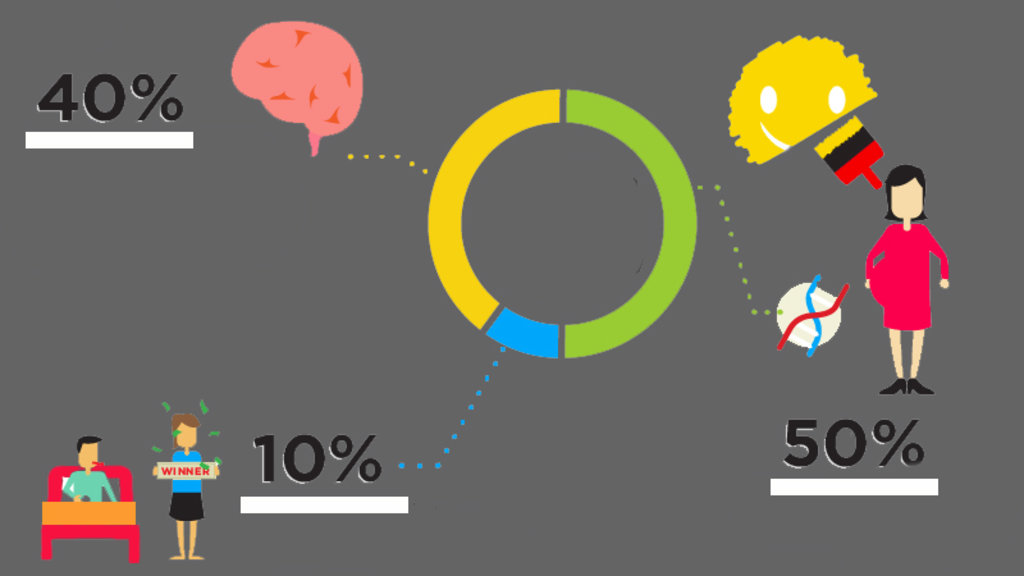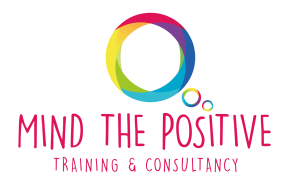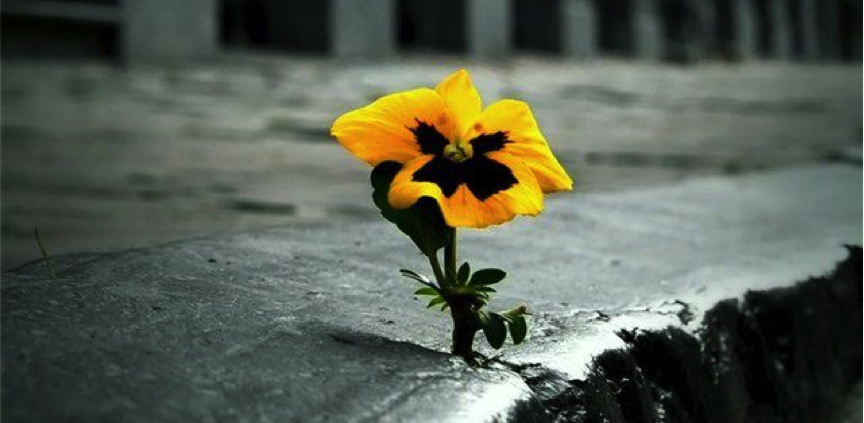Happiness Against All Odds…
[:en]One of my readers left a comment at my previous article –“There’s no Way to Happiness. Happiness is the Way!” Hereby quoting him: “Nice topic… that’s what we need to discuss these days. If the society we live in (small or big) is not happy, can an individual be happy? In todays world it looks like that whatever we do individually to feel happy, if we cannot stop or prevent major problems, issues which is affecting millions, how can we be happy?” In deed, how can we be happy, or even find happiness, while there are so much suffering around us? What about the guilt feeling bothering us at our merriest moments; and the sequence of numerous thoughts running in our mind, how life is unfair, unjust, and unequal…? Where is the balance? Is there a balance anyway? May there be happiness, despite all odds?
To find answers to these tricky questions, I would suggest facing our perspective to the nature; observe how it maintains its balance. That’s what Yuval Noah Harari, the author of the best sellers Sapiens and Homo Deus, does in his books; he takes the nature to ground our thoughts and reasoning; that is the nature of Homo Sapiens, the nature of all livings, and the universe we live in. To begin with, nature and all its living, in fact, has an impeccable balance within itself. Not a single deer questions the unjust relationship with a lion chasing its prey. Its mere aim is to feed itself in every possible way, and not get caught to the hunter lion! Neither the lion ever questions the unjust fact that its preys are so skillful in running off, where its mere aim is to feed itself in every possible way, and run faster than its preys! That’s the sheer balance in nature…
Further taking nature as example, where justice, fairness, nor equality exists, there is a sort of balance within imbalance; order within disorder; and an individualistic way of living within a holistic system. We, human beings, are part of a greater whole, while being and acting completely as individuals. Despite being part of the community, we lead an individualistic life. Did you know that among the factors affecting our happiness, only ten percent (10%) accounts to the environmental factors? So hard to believe, but true! According to social sciences, on the basis of Sonja Lyubomirsky’s study “The How of Happiness”, between 50% impact on happiness is our genes and the way we are hardwired –that is our nature; while the other 40% is our personal choices and decision for a positive outlook –that is our nurture. In other words, individual factors, compared to the external ones, have way greater impact on our positive existence. Quantum physics and mechanics, on the other hand, would assert consciousness as the facilitator to happiness.

Let’s have a closer look at the individual. We humans are part of a great cooperative network that live along a shared belief, the so-called imagined order. Harari, in the Sapiens, explains this shared myth, where we collectively cooperate, within an inter-subjective drive; such as money, democracy, law, gods, economy, banks, corporations, etc. (Sapiens, p. 132). Since the cognitive, and later agricultural revolution, Homo Sapiens (the wise ones) have created constructs of imaginary entities, where we cooperate in networks (human cooperative networks). Think of any corporate employee, citizen, bank account holder, believer, etc.; he/she is part of these entities, and actively cooperates through believing in the shared myth and its rules. These imaginary entities are unreal realities! Harari suggests how to distinguish the unreal imaginations from real ones. He proposes to look at those phenomena with the perspective of “real entity”, through pain; prompting the question “How do you know if an entity is real? Very simple, just ask yourself, ‘can it suffer’?” (Homo Deus, p. 206).
Imagine the following scenarios: The euro or stock exchange dramatically going down, does the euro or the economy feel pain? When legislations against human rights or freedom of speech pass in a parliament, does the democracy or law suffer? When a company goes bankrupt, does the company suffer? Or, when a country suffers from an economic crisis or defeat in war, does it really suffer? No! Neither suffers real pain! But when soldiers are wounded in battle, they really suffer; when a single mother has difficulty paying her mortgage within a fluctuating currency, she really suffers; when employees are laid off for bankruptcy, they really suffer; or when journalists are locked up in jail for defending human rights, they really suffer! Looking from this perspective, perhaps we ought to ask what really is that we suffer or feel pain from; which in a way blocks us from keeping a balanced, stable, and happy life. We ought to check if it is the external factors of the environment we live in, or it is our own personal internal resources that keep us away from happiness.
I’d like to emphasize and make it clear that by happiness, in exchange to pain and suffering, I do not refer to the Hedonic type of happiness, where the individual seeks for pleasure, and avoids pain or suffering. On the contrary, I refer to the Eudaimonic type of happiness, mentioned by the positive psychologists, where the individual seeks and finds meaning and purpose; creates an environment that he/she can authentically function; is ready for life challenges that will facilitate personal engagement and growth; and perhaps constructs the internal strength that will manifest as the actualization of the self. Going further, through the philosophy of Sufism and Rumi’s words –“we come spinning out of nothingness, scattering stars like dust”, becoming both everything, and nothing! By the way, spinning out of nothing is you… me… all of us!
I’d like to revisit the main essence of this article –happiness, against all odds, through the “observing consciousness” concept of quantum mechanics. According to the rules of quantum mechanics, our observations influence the universe at the most fundamental levels, asserting that the moon does not exist when we don’t look at it. This perspective sees us as the consciousness that observes… Observes what? The reality? The reality, as Deepak Chopra states, corresponding with Harari’s imagined order, is a human made-up construct. The only reality, that is fundamental reality, is our awareness of the moment. That’s the presence. Our experiences –such as happiness or pain, are based on the sensations, images, feelings, and thoughts (SIFT) we observe at the moment. Every moment entails a different observation, as both us as the observer, and the phenomenon we observe –that is the observed, changes from moment to moment. Hence, our experiences through SIFT change… So, our possibility to be happy or sad, enjoy or suffer, all depends on the momentary awareness of our observed reality.
This all may seem hopelessly abstract. It is not easy to grasp in one read, nor single practice. To ground it a little to daily life, as response to how we may maintain satisfactory level of happiness, against all odds, we need to,
(1) accept the fact that life is unjust, and equality does not exist;
(2) feel gratitude to what we possess and experience, rather feel guilt over what others suffer;
(3) internalize the “Mind the Positive” philosophy for attaining and maintaining happiness;
(4) share our positive outlook, perspective, and attitude, with those around us, deliberately letting the virus of positivity spread around, with small gestures of kindness; help; smile; thanks giving; forgiving; forgetting; etc.
(5) train our mind, body and soul for presence and awareness;
(6) expand our thoughts and understanding on our presence within the universe, where the universe itself is a human construct, that it doesn’t exist, but only exists through our experience in our consciousness;
(7) and finally, choose to construct our own reality, through observations and modified forms of experiences.
And last but not least, I’d strongly recommend viewing the 39-minute talk of Deepak Chopra, on the Human Universe, where he explains our reality as human made construct, us the observer within that reality, which is a total experience in our consciousness, providing his following statements:
- Everyday reality is a human construct.
- Fundamental reality is the awareness, the excitations of which, are the experience of observer and observed in the timeless moment of now.
- The fundamental experience of both observer and observed is sensation, images, feelings, and thoughts –SIFT.
- Systems of thought (human constructs) are many –religious, theological, philosophical, scientific, economic, political, mythological, etc.
- Therefore no construct has a privileged position over others.
- The construct is real for the being embedded in it.
- Excitation of awareness in the form of sensations, images, feelings, and thoughts constitute all experience.
- Excitations are in time; awareness is not in time.
- Birth, death, body, mind, brain, universe, God, stars, galaxies, Big bang, anything that has been given a name, by humans (itself a label) are constructs.
- Freedom is now in –Being! Without constructs! And it’s now!
[:]







Loved to read! Can’t agree more. You have written it in such a clear and to the point way! I enjoy to read it all!